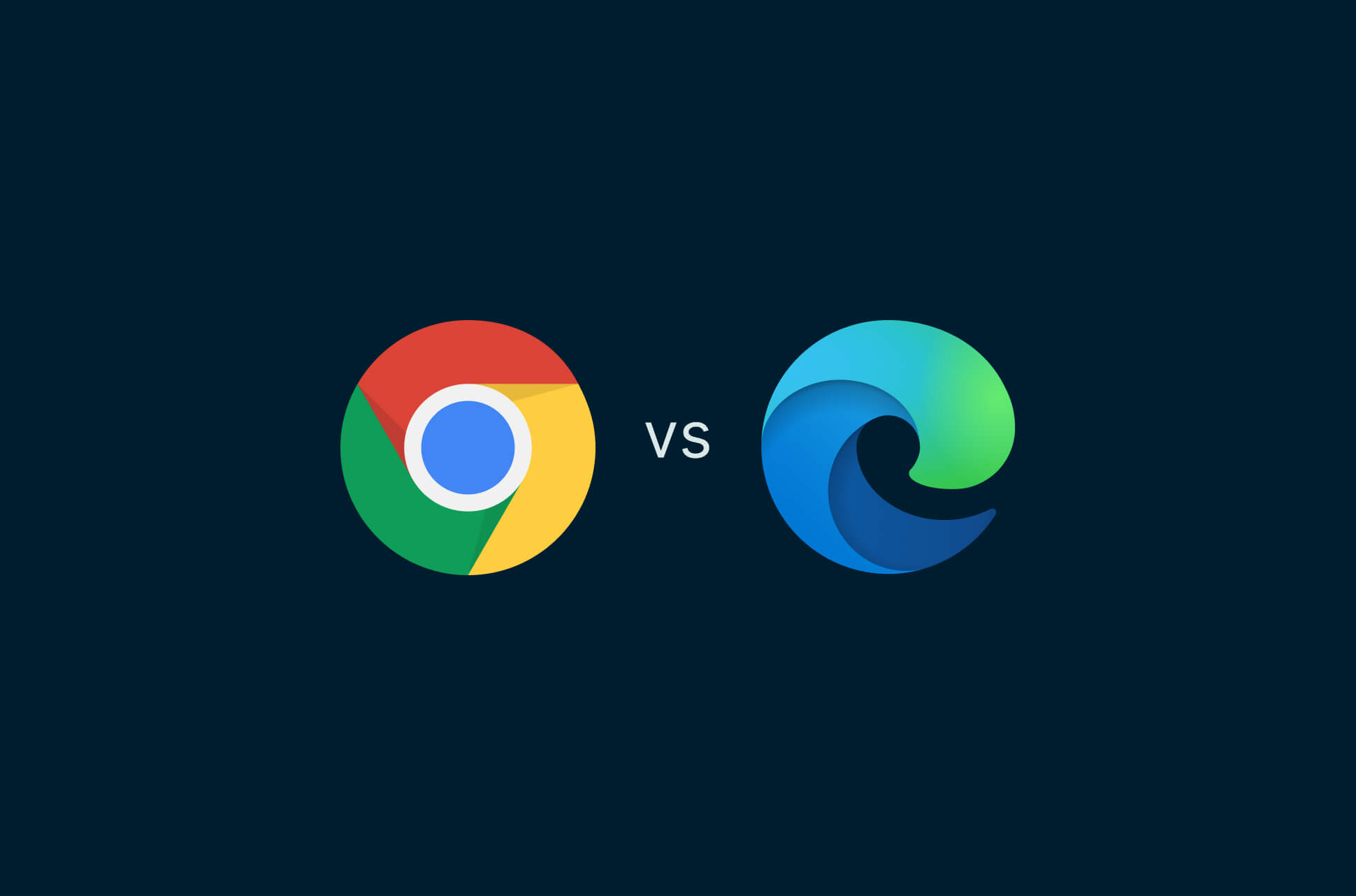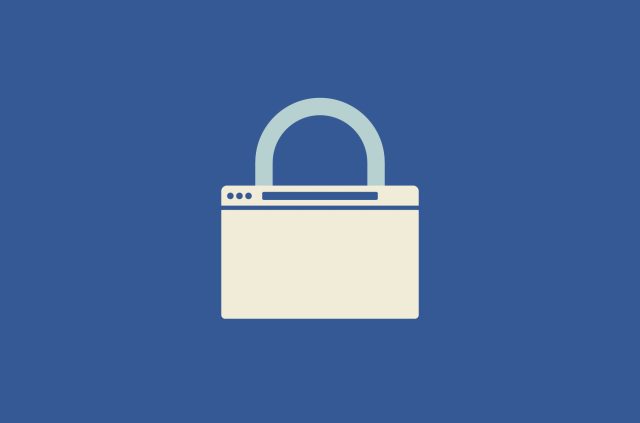Google Chrome vs. Microsoft Edge: Which is better in 2025?


All things considered, we think Microsoft Edge is superior to Google Chrome. While both browsers are fine for everyday use, Edge utilizes all the best components that a Chromium-based browser can offer—especially when it comes to resource management. Edge also provides a slightly better privacy experience than Chrome. While Chrome may receive its updates faster, Edge isn’t too far behind.
While you don’t have to be loyal to a browser, you probably use the same one every day. And two of the most popular are Chrome and Edge, especially among Windows users. Read on for a detailed look at how we came to our conclusion!
Chrome vs. Chromium: What’s the difference?
Both Chrome and Edge are Chromium-based browsers. This means they are built on the framework of Chromium, a free and open-source software created by Google. Chromium is a codebase for developers to create other browsers. These include major browsers like Brave, Opera, and Vivaldi. Every Chromium-based browser is a little different, depending on what features and functionalities the developer wanted to add.
Google Chrome is a proprietary web browser developed by Google. Chrome has many more features than other Chromium-based browsers. Chrome is also notable for its huge store of browser extensions. The good news for Chromium-based browsers, including Edge, is they can use Chrome extensions.
While Edge was originally built with EdgeHTML, its own proprietary browser engine, it has been Chromium-based since January 2020. The biggest issues with EdgeHTML were that it performed poorly on Windows 10, subsequently leading to a very low adoption rate, and that it had a noticeable lack of extensions.
Google Chrome vs. Microsoft Edge: Quick facts
| Google Chrome | Microsoft Edge | |
| Released | 2008 | 2015 |
| Developer | Microsoft | |
| Engines | Blink, WebKit | Blink, WebKit |
| Default search | Bing | |
| License | Proprietary, but based on open-source components (Chromium) | Proprietary, but based on open-source components (Chromium) |
| Platforms | Windows, macOS, Linux, Android, iOS, and Chrome OS | Windows, macOS, Linux, Android, iOS, and included with Xbox One and Series X/S |
| Ad blocker | Not by default | Not by default |
| Private browsing | Incognito Mode | InPrivate |
| Password manager | Yes | Yes |
| Extensions | Yes—190,000+ extensions available on the Chrome Web Store | Yes—add-ons available on the Edge Add-on store in addition to compatibility with all Google Chrome extensions |
Chrome vs. Edge: Feature comparison
User interface
The user interface is usually the first thing you notice when using a browser. Out of the box, both browsers are (unsurprisingly) similar in appearance. One immediate difference you’ll notice is that Edge provides an option for vertically managing your tabs. Both browsers allow for the option of grouping multiple tabs into groups.
Additionally, Edge has a function that allows you to group ideas together in a “Collection.” Think of it as the halfway point between bookmarks and lists. In other words, this functionality has been designed for users to group together tabs thematically for specific purposes like holiday to-do lists or shopping lists.
The bookmarks and bookmarks bars function in the same way in both browsers, although in Edge it’s called a “favorites bar.”
Winner: Tie! There’s not enough to declare one better than the other.
Browser extensions
Chrome’s biggest advantage over every other browser available on the market is its selection of extensions. There are currently over 130,000 extensions available on the Chrome Web Store—and all of these are compatible with Chromium-based browsers.
While Microsoft Edge has its own add-on store for Edge, the offerings don’t deviate too far from what’s offered on the Chrome Web Store. An important distinction between the two is that while you can install Chrome extensions on Edge, you can’t install Edge add-ons on Chrome.
Winner: Tie! Even if you’re using Edge and not into its selection of add-ons, you can always just use Chrome extensions instead.
Customization
Both Chrome and Edge are provided with a plethora of theming options on both the Chrome Web Store and Edge Add-ons page respectively. By default, Chrome has more in the way of appearance customization and as with extensions, anything that’s available for Chrome will work with Edge but not vice versa.
Winner: Chrome takes the lead on this one.
Backup and synchronization
Both browsers provide the same functions for backup and device synchronization. Specifically, this includes optional like:
- Bookmarks/favorites
- Extensions/add-ons
- Settings
- History
- Open tabs/tab groups
- Themes/appearance
- Passwords
Winner: Tie! Again, not much of a comparison here considering they both essentially provide the same thing.
Compatibility and availability
Google Chrome is available on: Windows, macOS, Linux, Android, iOS, and Chrome OS.
Microsoft Edge is available on: Windows, macOS, Linux, Android, iOS, and included with Xbox One and Series X/S.
Winner: Tie! Both browsers cover some of the most popular devices out there.
Chrome vs. Edge: Performance comparison
Speed
While both browsers are touted as being fast, we noticed no real difference in loading times while loading the same content. We performed several browser speed tests—in this case we used WebSPRT 4—and the results were neck and neck.

Winner: Tie! Not much to see here, folks.
Resource and RAM usage
Here’s where the comparison starts to differ.
It’s no secret that Google Chrome has a reputation for being resource heavy. Forums are filled with questions on how to optimize Chrome’s RAM usage.
Unsurprisingly, a lot of this can come down to an excessive amount of third-party extensions weighing the browser down. Separate to that, other causes can include: An excessive amount of tabs in use, an uncleared cache, or malware.
With Edge, Microsoft has worked on improving memory usage with features like sleeping tabs which put unused tabs to sleep if they’ve been inactive for a while. Users will likely notice less battery drain when using Edge than Chrome.
That’s not to say Google hasn't been working on ways to improve Chrome, but in our experience Chrome does seem to use up more system resources.
Winner: Edge takes the…edge…on this one.
Privacy and security
Here’s where it gets juicy! In recent years, both Google and Microsoft have made strides to ensure their respective browsers have at least the requisite level of security. For instance, both Chrome and Edge will default to HTTPS connections, have rudimentary malicious site detection, and malware detection features.
Both browsers have a decent enough set of privacy and security features, but Edge is easier to navigate and provides more control for its users. However, Chrome has a more consistent update schedule, meaning that malware or exploits will get patched faster than Edge.
Both browsers also have private browsing options, with Chrome’s Incognito Mode and Edge’s InPrivate Browsing. It’s important to mention here that private browsing is not 100% private. In other words, your activity can still be tracked. Google has come under fire in the past for Chrome’s less-than-anonymous Incognito mode.
Read more: What is incognito mode, and is it safe?
That said, by no means are Chrome or Edge considered to be privacy browsers. Chrome still hasn’t been able to shake its reputation for harvesting massive amounts of user data. This includes: location, search history, browser history, and user preferences. Google has also been known to be able to link this data to individuals and their devices.
In that regard, you should consider Tor, Firefox, or Brave—but, we’re not talking about those browsers today.
Winner: For privacy? Edge. For security? Chrome.
Chrome vs. Edge: Which is better?
That honestly depends on where your priorities lie. For everyday use, both will do the job. With Edge, Microsoft has made a concerted effort to utilize all the best components that a Chromium-based browser can offer—especially when it comes to resource management. Edge also provides a slightly better privacy experience than Chrome. While Chrome may receive its updates faster, Edge isn’t too far behind.
In my opinion, as it stands today, Edge wins… slightly.
Bonus round: Offline games comparison!
Chrome’s Dinosaur Game

By now, most of you know about The Dinosaur Game, an in-browser side-scrolling game which is accessible on Chrome when you try to visit a site and you have no internet connection. The object of the game is to guide a T-Rex across a landscape and safely avoid obstacles in your path.
Although designed to be played offline, you can access the game within Chrome (and select Chromium browsers) at any time by typing chrome://dino in your address bar.
Edge’s Surf

Remember SkiFree? Sure you do! SkiFree is a single-player skiing game that was included in Windows 3.0, 3.1, 3.11, and 95. The object of the game is to guide a skier down a mountainside, avoid obstacles, and sometimes run away from an Abominable Snowman.
In 2020, Microsoft added Surf to Edge, and it’s basically a spiritual sequel to SkiFree. The mechanics are similar to SkiFree except there’s water instead of snow and a kraken instead of an Abominable Snowman.
Like The Dinosaur Game, Surf is designed to be played offline but you can access the game within Edge at any time by typing edge://surf in your address bar.
Winner? Tie! Both games are honestly quite fun…even if they’ve only been designed to distract you from the fact that your internet’s out…
Read more: Ranked: Best (and worst) browsers for privacy in 2022
Take the first step to protect yourself online. Try ExpressVPN risk-free.
Get ExpressVPN

















